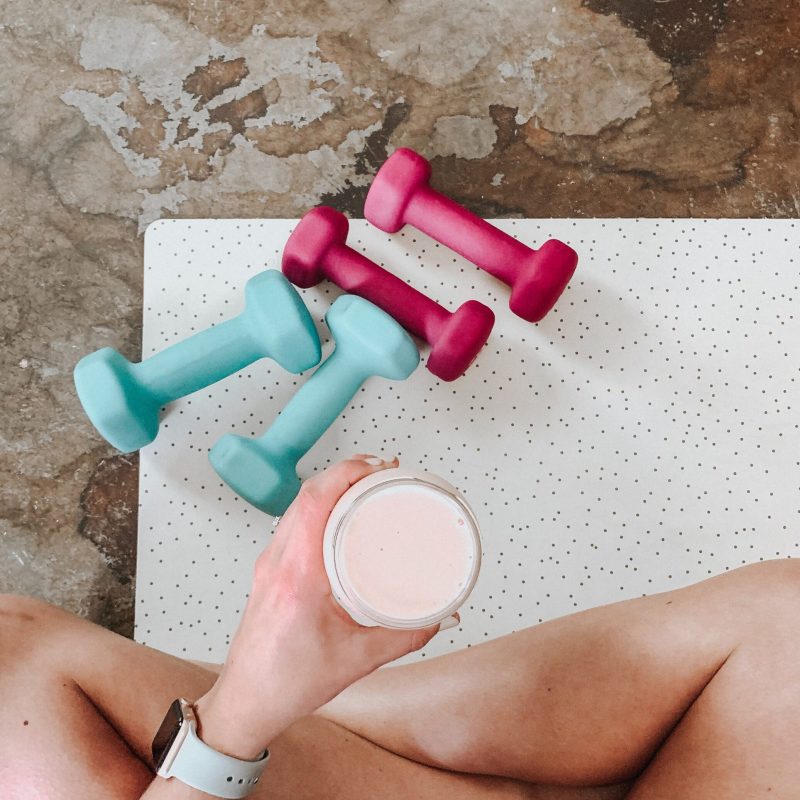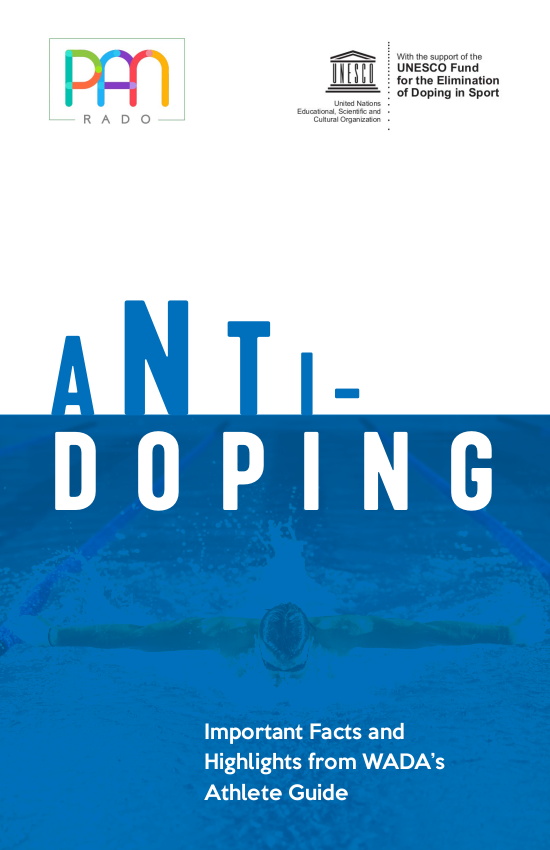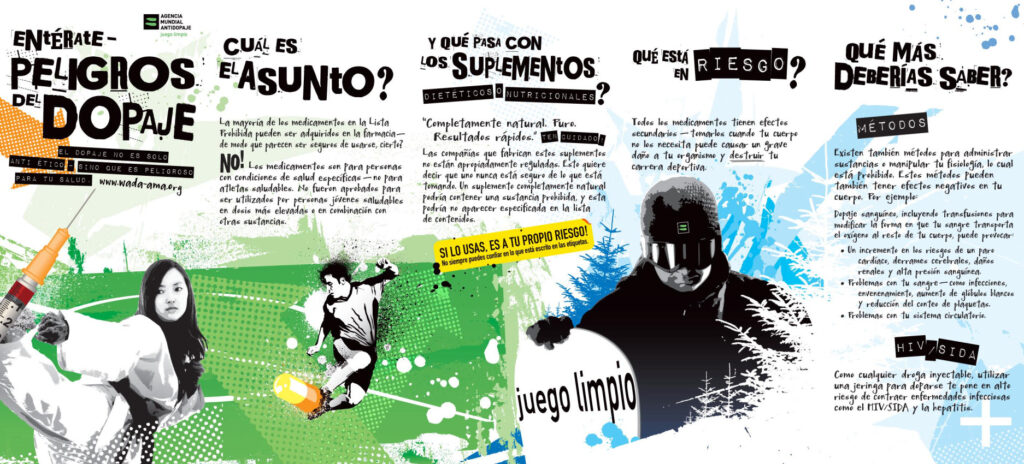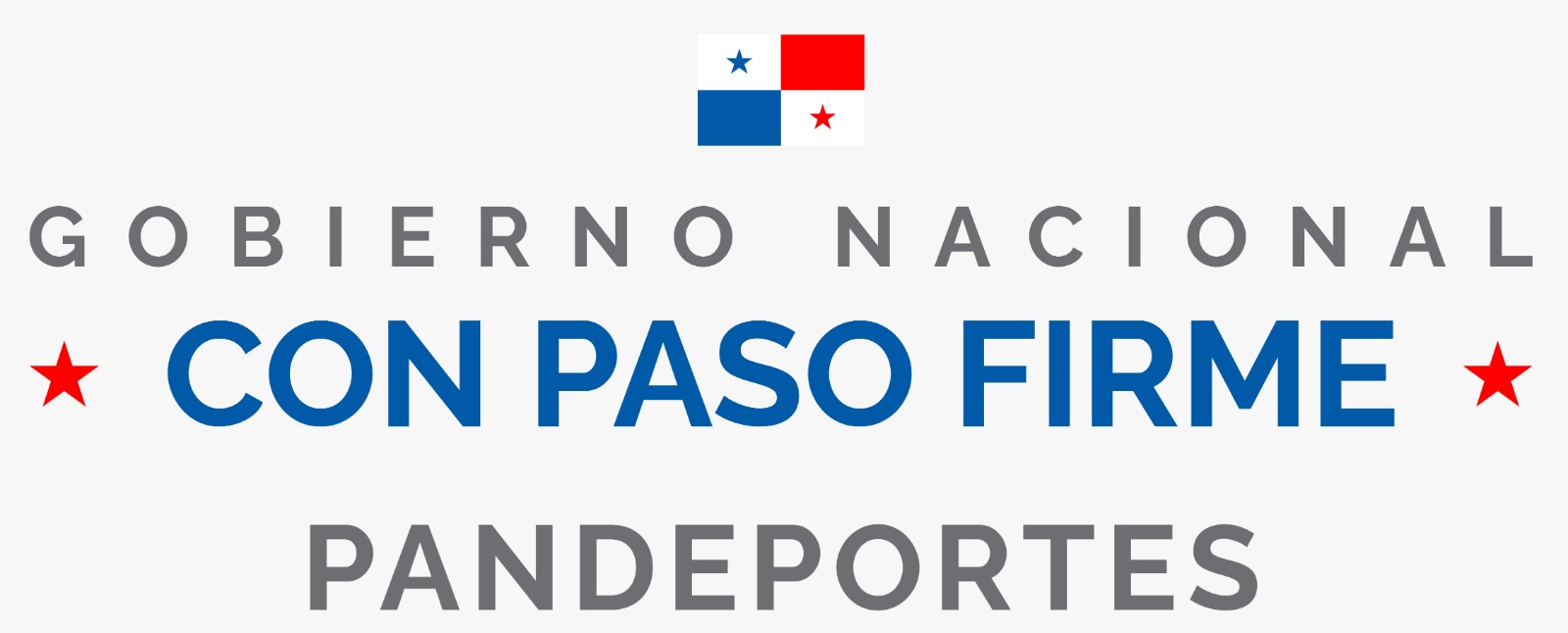What is Doping?
As an athlete, the Code specifically says that you are responsible for knowing what constitutes an anti-doping rule violation.
These infractions can involve more than a simple positive result; which, in the terminology of the Code, is called an “Adverse Analytical Finding”.
For example, it is also an anti-doping rule ciolation to use and possess prohibited substances and methods.
There are other types of anti-doping rule violations. The Code mentions them:
For example, intentionally interfering with a doping control officer, intimidating a potential witness or tampering with a sample by adding a foreign substance.
It is not okay to buy or possess a prohibited substance for the purpose of giving it to a friend or family member, except in certani very limited justified medical circumstances; for example, buying insulin for a diabetic child.
Sale, delivery, transportation, shipment or distribution (or possession for any of these purposes) of a Prohibited Substance or Prohibited Method (whether physically or ellectronically or otherwise) by an Athlete, Athlete Support Personnel or any other Person subject to the jurisdiction of an Anti-Doping Organization to any third party.
Provision, supply, supervision, facilitation or other participation in the Use or Attempt to Use by another Person of a Prohibited Substance or Prohibited Method.
This includes a wide range of actions: assisting, inciting, contributiong, abetting, conspiring, concealing or “any other type of complicity” that includes an anti-doping rule violetion or attempted violation by “another person”.
There have been several high-profile examples where athletes have continued to work with coaches who have been suspended or with others who have been criminally convicted of providing performance-enhancing drugs.
A new feature of the Code that came into effect in 2015 states that it is an anti-doping rule violation to associate with this type of “athlete supporter” once you have been specifically advised not to participate in such an association.
The main objective of the whereabouts (location) rule is to facilitate out-of-competition testing.
Providing information about the Whereabouts gives PAN RADO the ability to locate you and carry out checks without prior notice to maximize the discovery of doped athletes. Unannounced testing is the cornerstone of an effective anti-doping program. You can learn more about the whereabouts program here.
It would be an anti-doping rule violation of “avoiding Sample collection” if it were established that an Athlete is deliberately avoiding a Doping Control officer in order not to be notified or to undergo Testing.
Acts of the athlete or another person to discourage or retaliate against the presentation of information to the authorities (this rule is effective as of January 1, 2021, in accordance with the 2021 Code).
If you are not sure of the content of a product do not take it, ignorance is never an excuse.
As stated above, you are responsible – “strict liability” – for everything within your system. To establish an anti-doping rule violation for the use or presence of a Prohibited Substance, it is not necessary to prove intent, fault, negligence or knowing use on your part.
It will not constitute a defense against an anti-doping rule violation, for example, claiming that someone in your environment or sports camp gave you a substance; or that a prohibited substance was not listed on a product label; or that a prohibited substance or method would not have improved your performance.
In many countries, regulations on dietary supplements can be very lax. It is normal for supplements sold in health food stores or online to contain prohibited substances that are not listed on the product label. In recent years, a large number of positive tests have been attributed to mislabeled or contaminated supplements.
You must be extremely careful with products that, among other things, claim to increase muscle, aid in recovery, energize, or aid weight loss. As you will be objectively responsible for the consequences of a positive test caused by a mislabeled supplement, the best advice is: Avoid taking the supplement if you have any doubts about what it may contain.





